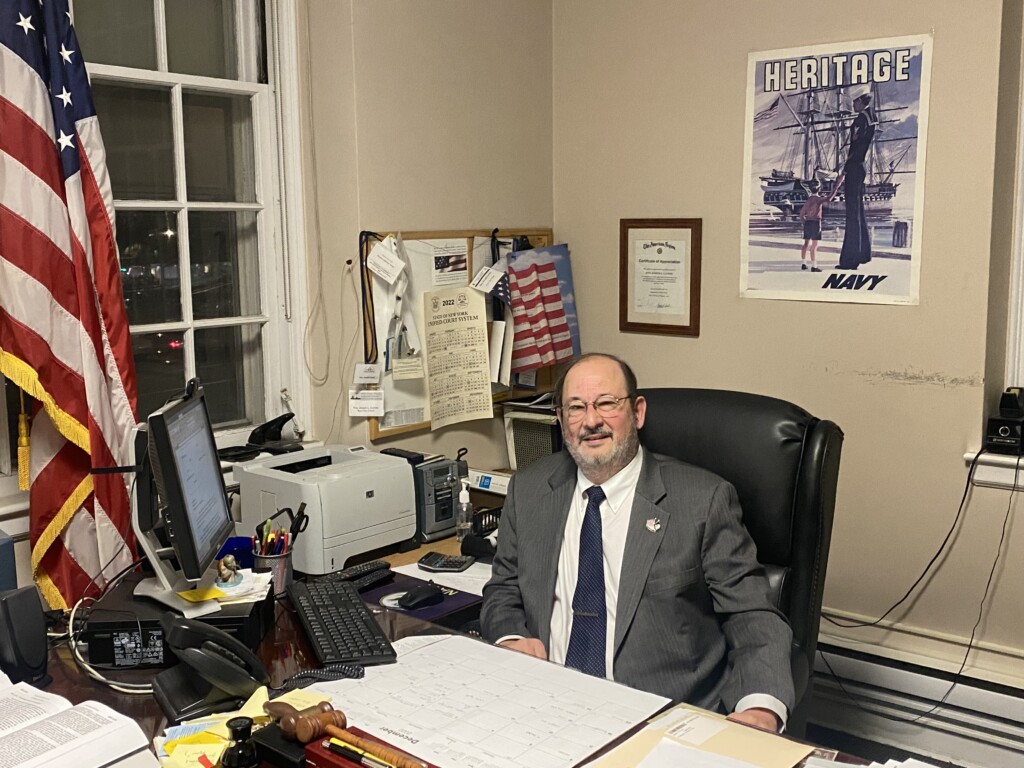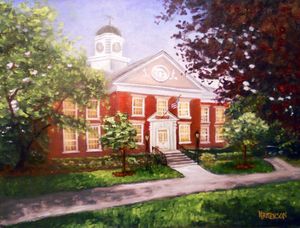Holding Court: If You Build It … Part 2

Holding Court is a series by retired Rye City Court Judge Joe Latwin. Latwin retired from the court in December 2022 after thirteen years of service to the City.
What topics do you want addressed by Judge Latwin? Tell us.
Today is Part 2 of Holding Court: If You Build It. Read Part 1 here.
By Joe Latwin
If you build it …
You applied for a Building Permit. The Building Inspector approved or denied the application. The Zoning Board of Appeals (“ZBA”) upheld the approval or denial after hearing. What can happen?
An Article 78 proceeding can be commenced to review the ZBA’s decision. Article 78 refers to a portion of the Civil Practice Law and Rules (“CPLR”). Article 78 permits special proceedings to review, compel or prohibit “body or officer’s” action. “Body or officer” includes every court, tribunal, board, corporation, officer, or other person, or aggregation of persons, whose action may be affected by the proceeding. The only questions that may be raised in a Art. 78 proceeding are:
- whether the body or officer failed to perform a duty enjoined upon
it by law; or - whether the body or officer proceeded, proceeded without or in excess of jurisdiction; or
- whether a determination was made in violation of lawful procedure, was affected by an error of law or was arbitrary and capricious or an abuse of discretion; or
- whether a determination made as a result of a hearing held, and at which evidence was taken, pursuant to direction by law is, on the entire record, supported by substantial evidence.
Local ZBAs have broad discretion in considering applications for a variance and the judicial function in reviewing such decisions is a limited one. Courts may set aside a zoning board determination only where the record reveals that the board acted illegally or arbitrarily, or abused its discretion, or that it merely succumbed to generalized community pressure.
A determination of a ZBA must be sustained if it has a rational basis and is supported by substantial evidence. Accordingly, the reviewing Court will not take testimony or evidence, but rather will only review the record before the ZBA. It will be decided on the record. A reviewing court should refrain from substituting its own for the reasoned judgment of the zoning board.
It doesn’t matter not whether, in close cases, a court would have, or should have, decided the matter differently. The judicial responsibility is to review zoning decisions but not, absent proof of arbitrary and unreasonable action, to make them. It will not substitute its interpretations of the facts made by the ZBA. Instead, it will search the record before the ZBA to see if there is any basis for the ZBA’s factual determinations. The Court will not weigh any competing evidence presented to the ZBA. Any evidence presented to the ZBA can be the substantial evidence to support the ZBA’s decision.
The rationale for this rule is that the responsibility for making zoning decisions has been committed primarily to ZBAs composed of representatives from the local community. Local officials, generally, possess the familiarity with local conditions necessary to make the often-sensitive planning decisions that affect the development of their community. Absent arbitrariness, it is for locally selected and locally responsible officials to determine where the public interest in zoning lies, not a distant court.
The lesson to be learned is to present a good case to the ZBA and point the reviewing court to the precise evidence taken by the ZBA that supports the ZBA’s decision.




